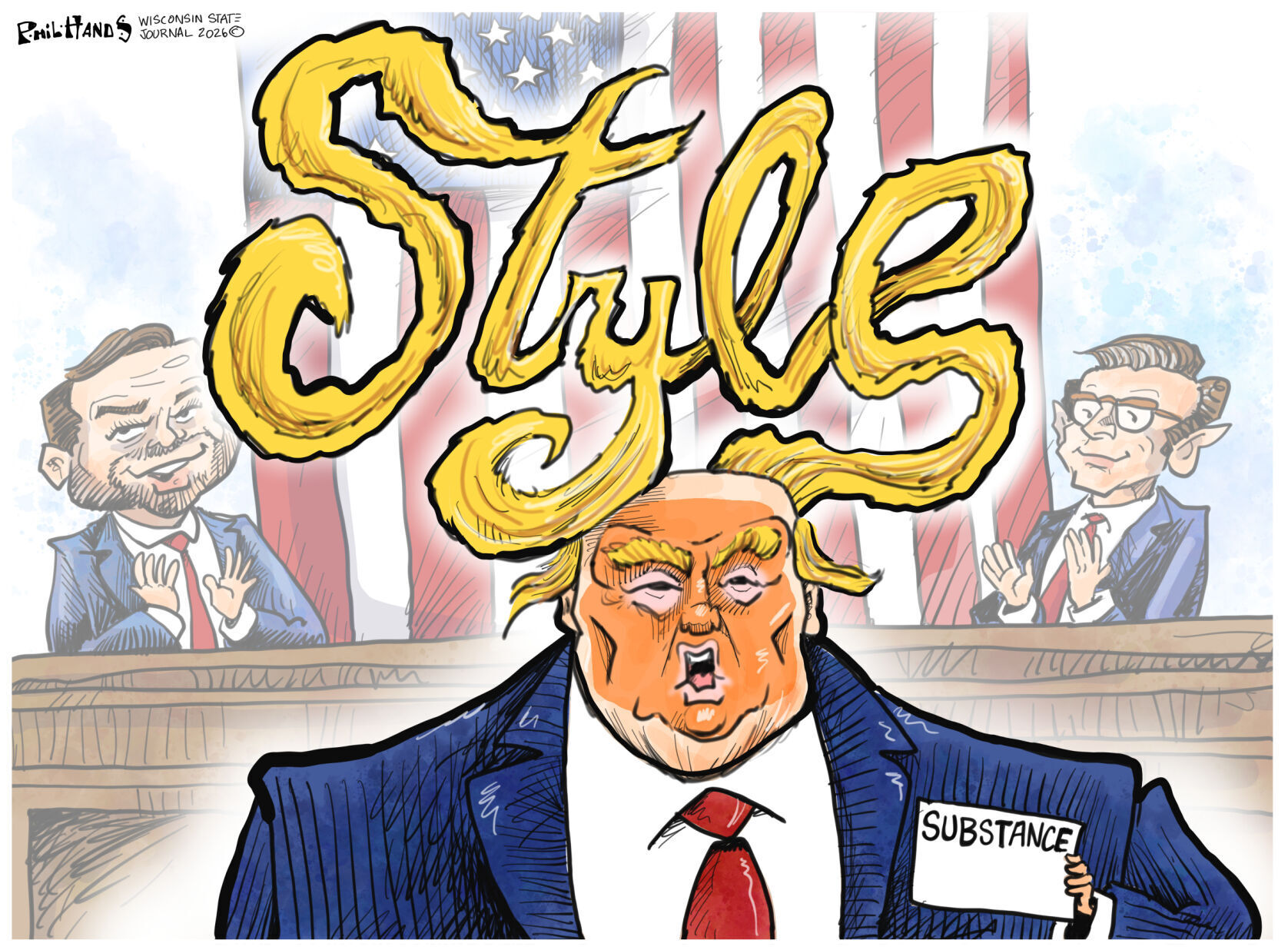Navigating the complexities of Medicare can be overwhelming. With various enrollment periods, plan options, and coverage details, it’s easy to make mistakes that could cost you time and money. Understanding common pitfalls and how to avoid them is crucial for a smooth transition into Medicare.
Medicare Enrollment Mistakes to Avoid: Tips for a Smooth Application Process

1. Missing the Initial Enrollment Period
One of the most significant errors is missing the Initial Enrollment Period (IEP). The IEP lasts seven months—starting three months before your 65th birthday, including your birthday month, and ending three months after. Failing to enroll during this time can lead to financial penalties and delays in coverage.
Tip: Mark your calendar and start the enrollment process early to avoid unnecessary penalties.
2. Misunderstanding Medicare Parts and Coverage Options
Medicare is divided into several parts:
- Part A: Covers hospital services.
- Part B: Covers medical services.
- Part C (Medicare Advantage): Offered by private insurers, includes additional services.
- Part D: Covers prescription drugs.
Many individuals mistakenly assume Medicare covers all healthcare costs, only to face unexpected out-of-pocket expenses. It’s essential to understand the differences between Original Medicare and Medicare Advantage plans to make informed decisions.
Tip: Evaluate your healthcare needs and consider supplemental coverage like a Medigap plan to fill any gaps.
3. Delaying Enrollment in Part D or Medigap Plans
Delaying enrollment in a prescription drug plan (Part D) or a Medigap plan can result in penalties and higher costs. Even if you don’t currently take medications, postponing Part D enrollment can lead to a lifetime penalty added to your premiums.
Tip: Enroll in Part D during your Initial Enrollment Period to avoid future penalties.
4. Overlooking Annual Plan Reviews
Medicare plans can change yearly, affecting costs and coverage. Neglecting to review your plan annually may leave you with a plan that no longer meets your needs or has become more expensive.
Tip: During the Annual Election Period (October 15 – December 7), review any changes to your plan and compare it with other options.
5. Assuming Medicare Covers Long-Term Care
A common misconception is that Medicare covers long-term custodial care. In reality, Medicare does not cover extensive long-term care beyond 100 days of skilled nursing care under specific conditions.
Tip: Explore long-term care insurance or Medicaid options to plan for future needs.
6. Underestimating Total Costs
Medicare isn’t free. Failing to account for premiums, deductibles, copayments, and coinsurance can strain your finances. Additionally, high-income earners may face Income-Related Monthly Adjustment Amounts (IRMAA), increasing Parts B and D premiums.
Tip: Budget for all potential costs and consider financial planning to manage healthcare expenses effectively.
7. Not Coordinating with Employer Coverage
If you have employer-sponsored health coverage, misunderstanding how it works with Medicare can lead to payment issues. In some cases, Medicare becomes the primary payer, which can affect your out-of-pocket costs.
Tip: Consult your employer’s benefits administrator to understand how your coverage coordinates with Medicare.
8. Ignoring Special Enrollment Periods
Life events like losing employer coverage or moving can trigger a Special Enrollment Period. Ignoring these opportunities can result in penalties or gaps in coverage.
Tip: Stay informed about enrollment windows and take advantage of them as needed.
9. Not Seeking Professional Guidance
Navigating Medicare’s complexities can be daunting. Foregoing professional help may lead to costly mistakes and inadequate coverage.
Tip: Consult with a Medicare advisor or use resources like the State Health Insurance Assistance Program (SHIP) for personalized assistance.
10. Overlooking Preventive Services
Medicare offers preventive services to help maintain your health, but many beneficiaries fail to utilize these benefits.
Tip: Take advantage of covered preventive services to catch potential health issues early and reduce long-term costs.
Conclusion
Understanding Medicare and avoiding common mistakes is crucial for securing the healthcare coverage you need. By being proactive and informed, you can ensure a smooth transition to Medicare and avoid unnecessary costs and penalties. Remember, the key to a successful Medicare experience is education and timely action.











